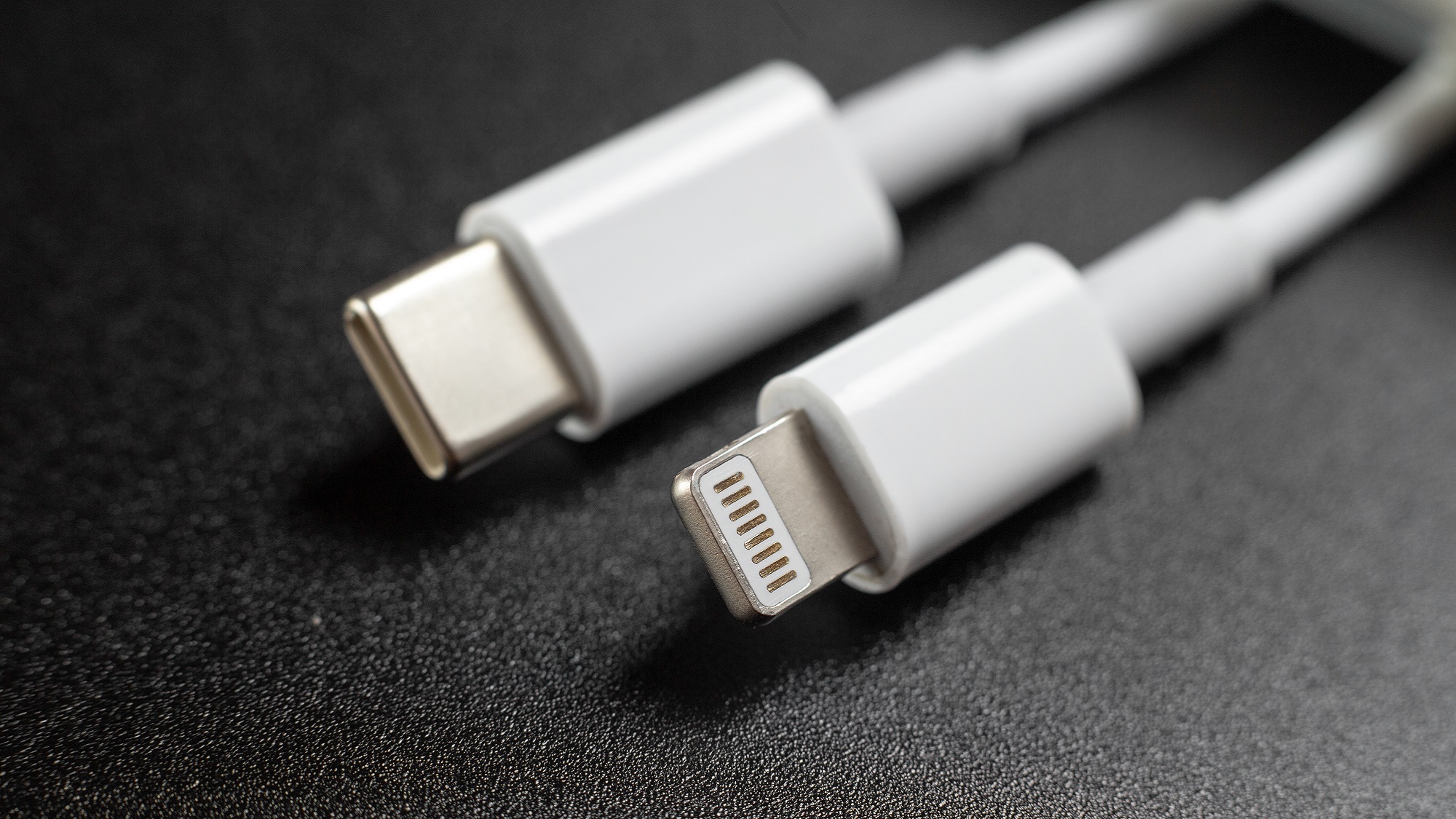Europe could force Apple to adopt USB-C in iPhones

The Lightning port on the new iPhone 13 remains a persistent annoyance considering the rest of the tech world, including the new iPad mini 6, have switched to USB-C. It seems the European Union has had enough of Apple sticking to its proprietary tech.
As reported by the New York Times, the EU unveiled new legislation that would standardized phone charging ports among phone manufacturers, requiring that all new phones use USB-C from 2024 onward. This could mean that the 2023 or 2024 iPhone would finally come with a USB-C port, in Europe at least. Granted, it would be silly for Apple to sell USB-C iPhones in Europe and Lightning iPhones everywhere else. So, if this legislation passes, it could effectively release Apple’s vice grip on its proprietary port that was first introduced in 2012.
“Chargers power all our most essential electronic devices. With more and more devices, more and more chargers are sold that are not interchangeable or not necessary,” said Thierry Breton, the European commissioner for trade in a press release. “We are putting an end to that. With our proposal, European consumers will be able to use a single charger for all their portable electronics — an important step to increase convenience and reduce waste.”
Unsurprisingly, according to the Times, Apple is not a fan of the proposed legislation. Apple argues that switching to USB-C would effectively create more waste. “We remain concerned that strict regulation mandating just one type of connector stifles innovation rather than encouraging it, which in turn will harm consumers in Europe and around the world,” an Apple spokesperson told TechRadar.
But that argument seemingly ignores the fact that USB-C has been standard for years across multiple devices, including many of Apple’s own products. And considering Apple doesn’t include a charger with its phones anymore and that the iPhone 13 line supports 20W charging speeds, lay consumers might go out to buy Apple’s own 20W fast charging brick instead of using one they might already own.
Many consumers look at charge ports as either iPhone or Samsung, not Lightning or USB-C. This EU legislation would essentially unify charging, potentially lessening iPhone vs. Android port confusion.
Apple has also contends that regulating one particular technology would stifle innovation. If the EU had mandated such a law back in 2009, the argument goes, that might have prevented both Lightning and USB-C from taking off. Breton dismissed that as a stock response from tech companies any time this type of legislation is proposed.
The proposal must be voted on by the European Parliament and then adopted by device makers, so it could be some time before we see USB-C as the standard. Expect more pushback from Apple before then.
For all the latest Technology News Click Here
For the latest news and updates, follow us on Google News.
